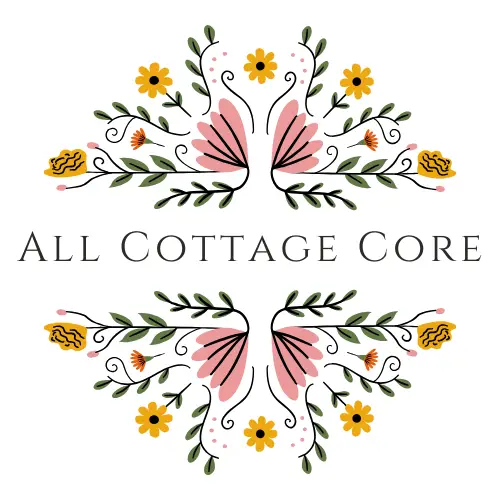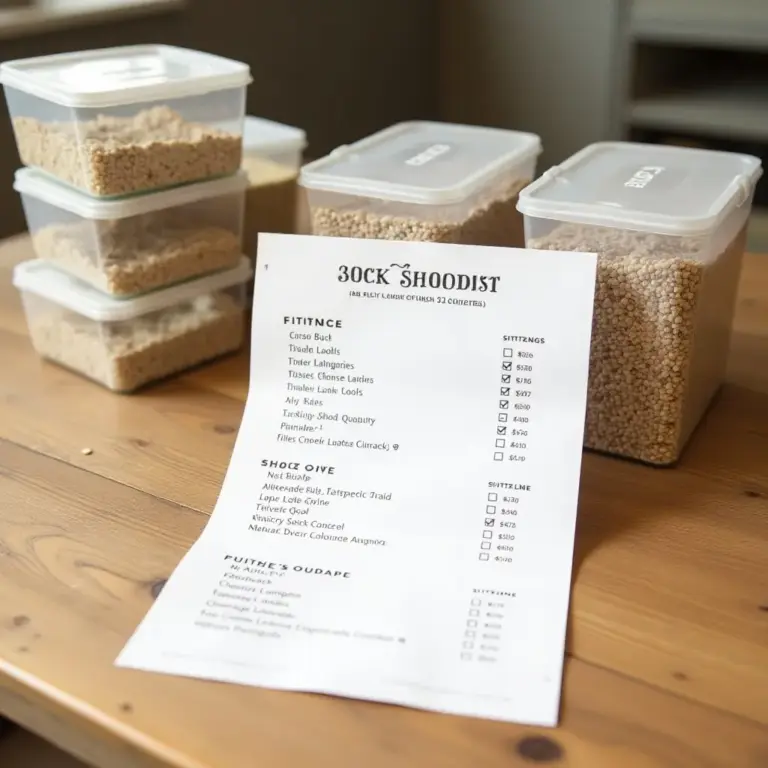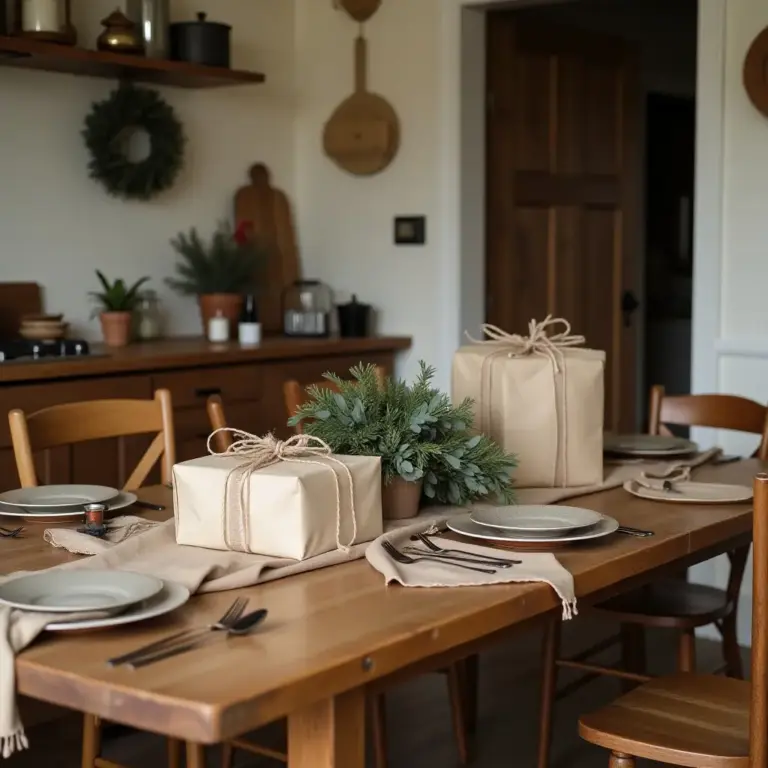Main Insights
- Ethical shopping in cottagecore emphasizes supporting sustainable, local, and fair-trade brands.
- Choosing products with natural materials and minimal packaging reduces environmental impact.
- Engaging with local artisans fosters community connections and offers unique, eco-friendly finds.
- Fair trade ensures fair wages and safe conditions, contributing to community development.
- Eco-friendly clothing and footwear choices help protect the planet while enhancing the cottagecore aesthetic.
- Every sustainable choice contributes positively to the environment and society.
Introduction
Ethical shopping cottagecore is all about choosing brands and products that reflect our love for nature and simple living. Imagine strolling through a quaint village market, picking up handmade soaps, or a cozy sweater lovingly crafted by a local artisan. This is the essence of shopping ethically within the cottagecore lifestyle.
When I first started exploring cottagecore, I discovered the joy of supporting small businesses that prioritize sustainability and ethical practices. One of my favorite finds was a small family-run farm that produces organic honey. Not only did it taste amazing, but I felt good knowing my purchase supported a sustainable business.
As you embrace ethical shopping, consider these tips:
- Look for brands that use natural materials.
- Support local artisans and small businesses.
- Choose products with minimal packaging.
For more tips on incorporating sustainability into your cottagecore lifestyle, explore our sustainable crafting guide.
Understanding Ethical Shopping
Ethical shopping is about making choices that are kind to both people and the planet. Imagine you’re in a beautiful meadow, surrounded by wildflowers and chirping birds. That’s the feeling ethical shopping cottagecore aims to capture—peaceful, natural, and harmonious.
When you shop ethically, you’re like a detective, looking for clues that tell you if a brand cares about the environment and treats its workers well. Here are some things to look for:
- Fair Trade: Products made by workers who are paid fairly and work in safe conditions.
- Organic Materials: Items made without harmful chemicals that can hurt nature.
- Eco-Friendly Packaging: Packaging that can be recycled or composted, reducing waste.
- Local Products: Buying from nearby artisans to support your community and reduce pollution from transportation.
For more on how to incorporate these practices into your life, check out our guide on cottagecore thrift stores.
Environmental Impact of Products
The environmental impact of products is a key consideration in ethical shopping cottagecore. Every item we buy has a story, from how it’s made to how it ends up in our homes. Understanding this journey helps us make better choices for the planet.

What to Look For
- Materials: Choose products made from renewable resources like bamboo or organic cotton.
- Manufacturing: Look for brands that use clean energy and have minimal waste processes.
- End of Life: Consider if the product can be recycled or composted.
For example, when I switched to using eco-friendly laundry products, I noticed less plastic waste and fresher clothes. This small change made a big difference in my cottagecore lifestyle.
By choosing products with a lower environmental impact, we protect the beautiful landscapes that inspire us. For more ideas on sustainable living, explore our native plants guide.
Social Responsibility and Fair Trade
Social responsibility and fair trade are essential aspects of ethical shopping cottagecore. These practices ensure that the people who make our products are treated fairly and work in safe environments. When I first learned about fair trade, I was amazed at how it helps communities grow and thrive.
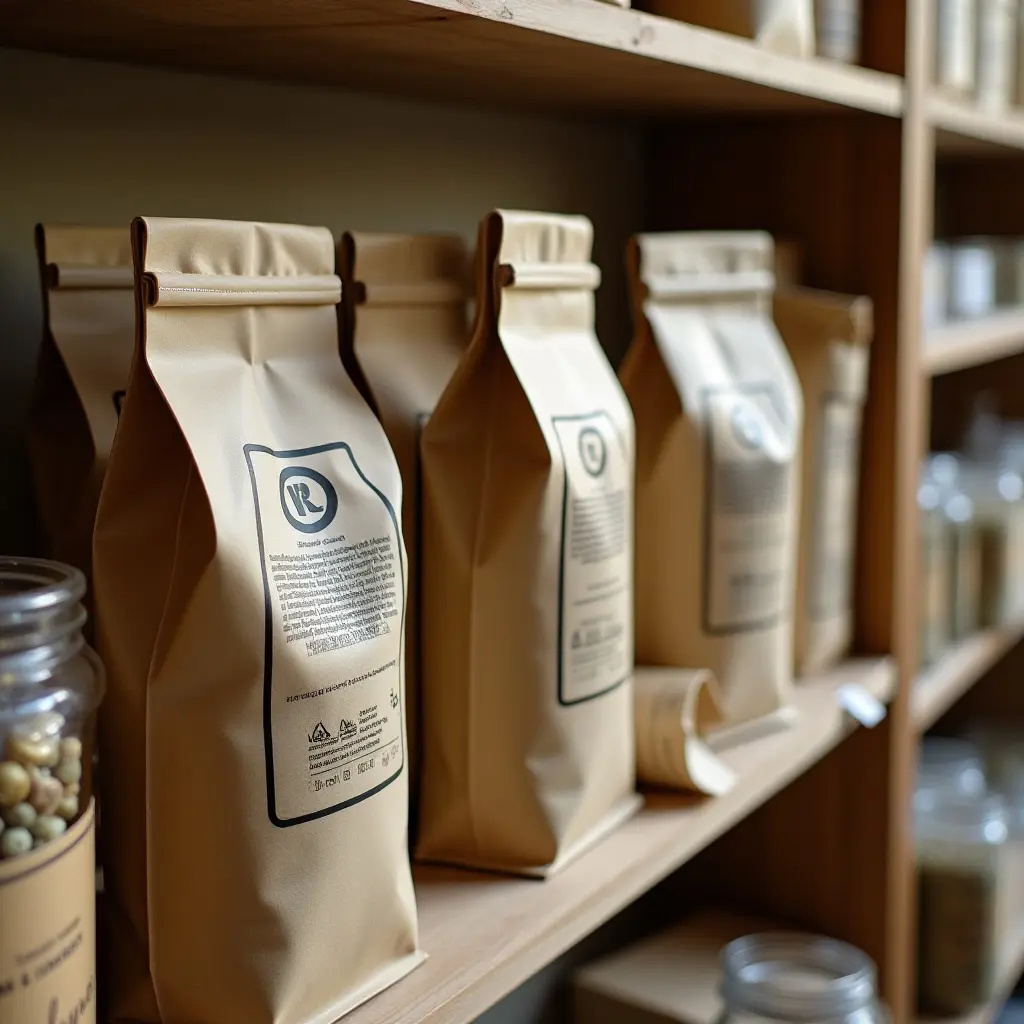
Why It Matters
- Fair Wages: Workers receive fair pay, which helps them support their families.
- Safe Working Conditions: Ensures that workplaces are safe and healthy.
- Community Development: Profits often go back into community projects like schools and healthcare.
Supporting fair trade means choosing products that help build a better world. To learn more about integrating these values into your lifestyle, visit our article on community mental health cottagecore.
Choosing Eco-friendly Clothing
Choosing eco-friendly clothing is a delightful part of ethical shopping cottagecore. Imagine wearing a soft dress made from organic cotton or a cozy sweater crafted from recycled materials. These choices not only look beautiful but also protect our precious planet.

What to Consider
- Natural Fibers: Look for clothes made from organic cotton, linen, or hemp. These materials are gentle on the earth.
- Recycled Fabrics: Brands that use recycled materials help reduce waste and save resources.
- Local Artisans: Supporting local makers ensures that your clothes are made ethically and with love.
When I wear my favorite linen dress, I feel connected to nature and the artisans who crafted it. For more inspiration on sustainable fashion, check out our small business cottagecore clothing guide.
Sustainable Footwear Choices
Sustainable footwear choices are a meaningful part of ethical shopping cottagecore. Imagine walking through a lush forest, your shoes leaving only gentle footprints behind. Choosing the right shoes can help protect these beautiful landscapes.
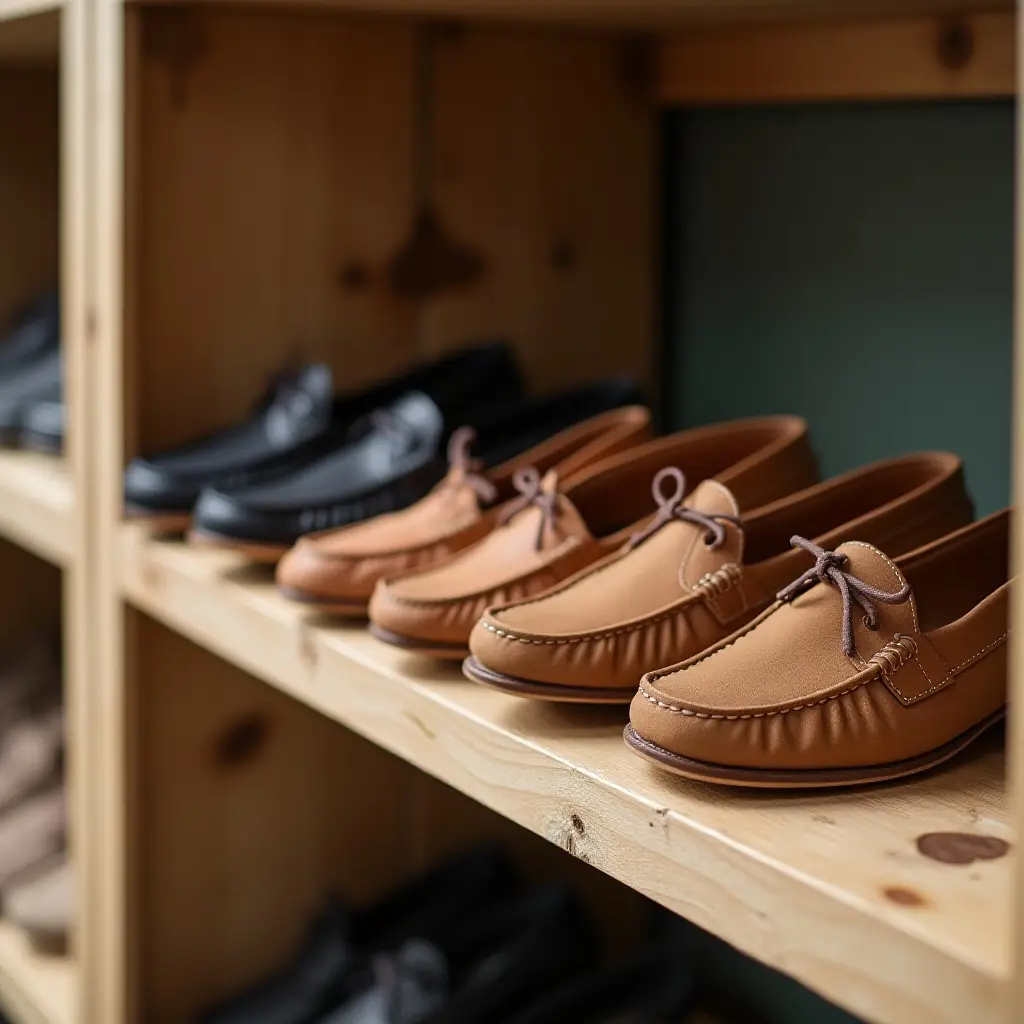
What to Look For
- Natural Materials: Opt for shoes made from materials like organic cotton, hemp, or recycled rubber.
- Durability: Choose shoes that are built to last, reducing the need for frequent replacements.
- Ethical Brands: Support companies that ensure fair wages and safe working conditions for their workers.
For example, I once found a pair of handmade shoes crafted from recycled materials. They were not only comfortable but also aligned with my values of sustainability. For more ideas on incorporating sustainable choices into your wardrobe, explore our guide on cottagecore fashion brands.
Community Engagement and Local Brands
Community engagement and supporting local brands are vital to ethical shopping cottagecore. Picture yourself at a local farmer’s market, where each stall tells a unique story. By buying from these vendors, you help local families and contribute to the community’s growth.

Benefits of Supporting Local
- Personal Connections: Buying locally lets you meet the artisans and farmers, creating a personal connection with the products you purchase.
- Unique Finds: Discover one-of-a-kind items that you won’t find in big stores, adding charm and character to your cottagecore lifestyle.
- Reduced Carbon Footprint: Local products travel shorter distances, which means less pollution and a healthier planet.
Engaging with your community through local shopping not only supports ethical practices but also enriches your cottagecore experience. For more tips on incorporating this into your life, explore our article on cottagecore garden parties.
Conclusion
In the world of ethical shopping cottagecore, every choice we make can have a positive impact on the environment and society. By supporting brands that prioritize sustainability and fair trade, we can help protect our planet and uplift communities.
Remember to look for natural materials, support local artisans, and choose products with minimal packaging. These small steps can make a big difference in your cottagecore lifestyle. For more inspiration, explore our guide on cottagecore water conservation.
Embrace the joy of shopping ethically and let your purchases reflect your love for nature and simple living.
FAQ
- What is ethical shopping in cottagecore? It’s about choosing sustainable, local, and fair-trade brands that align with cottagecore values.
- How can I identify eco-friendly products? Look for natural materials, minimal packaging, and fair-trade certifications.
- Why support local artisans? It fosters community connections and offers unique, eco-friendly products.
- What are the benefits of fair trade? It ensures fair wages, safe conditions, and supports community development.
- How does eco-friendly clothing contribute to sustainability? It reduces environmental impact and enhances the cottagecore aesthetic.
